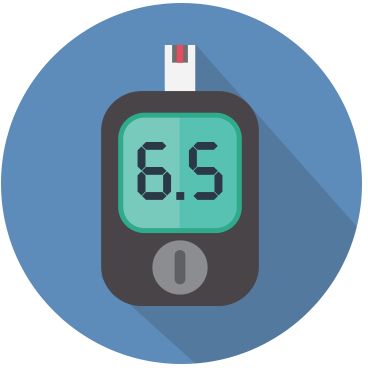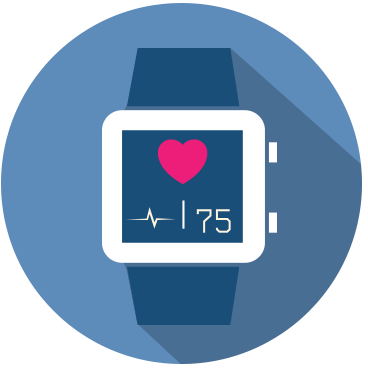
“Diabetes is a disease that causes the amount of sugar in the blood to be high.”

Observed every November, American Diabetes Month is an important element in the American Diabetes Association’s efforts to focus our nation’s attention on the disease and the tens of millions of people affected by it.

Our body changes the food we eat into sugar. Insulin helps sugar get from our blood to our body cells so the cells can use it for energy. When you have diabetes, either your body does not make insulin, or the insulin it makes does not work right. Diabetes has no cure, but managing your foods, taking medications and exercising can help you stay healthy.
Diabetes is a serious disease. It is important that you find out if you have it. If you are at risk for diabetes or if you notice any of these signs and symptoms, talk to your health care provider.
- Very thirsty
- Very hungry
- A need to urinate frequently
- Drowsy
- Nauseated
- Dry skin
- Blurred vision
- Numbness and tingling of feet
Stay Healthy – Keep your blood sugar balanced.
To stay healthy, you need to keep your blood sugar levels from getting too high or too low. The best way to make sure your levels are ok is to check them often. You can help balance your blood sugar levels by following these three tips:

Eat right. Eating healthy food will help keep your blood sugar steady. You need to eat at least three meals each day. Eat healthy foods that are low in fat, sugar and salt. Try fruits, vegetables, pasta, grains, low-fat milk and cheese. Cook your food by baking, boiling or steaming instead of frying.

Exercise. Staying active can help control your blood sugar. It will also help your heart work better. You should exercise a little bit each day. Check your blood sugar before you exercise. If it is low, you may need to eat a snack first. If you haven’t exercised in a long time, talk to your health care provider first.

Take your medicine. If you need medication to help control your diabetes, take it regularly. Ask your doctor about when and how to take your medication.
If you have diabetes, be sure that:
- Your doctor checks your feet and eyes every visit.
- You have your 3-month blood test (HbA1c).
- Your eyes are checked by an eye doctor once a year.
- Your doctor tests your cholesterol and your kidney function.
- You keep your blood glucose level as close to normal as you can.
